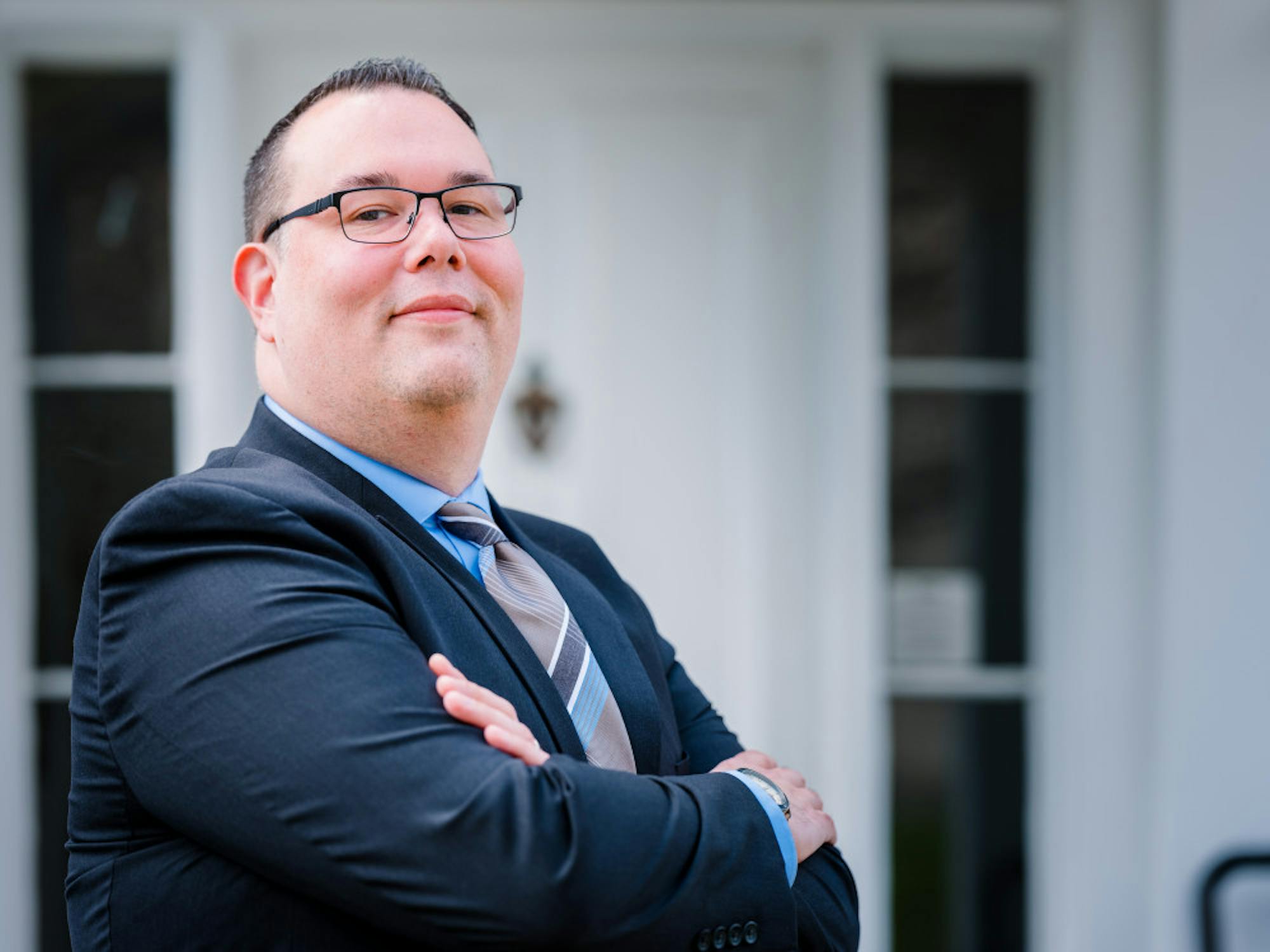Tufts is set to launch several new programs this semester that seek to improve the experiences of historically underserved student communities.
The FIRST Resource Center, an initiative of the Office for Student Success and Advising (OSSA), aims to provide a resource network for the university's first-generation, low-income and undocumented populations, according to a joint email Associate Provost and Chief Diversity Officer Robert Mack, Associate Director for OSSA Margot Cardamone and Student Success Advisor Jared Smith wrote to the Daily. The Center will be located at 20 Professors Row, along with the Office of Residential Life, the Center for STEM Diversity and OSSA.
Senior Anne Hall, former co-president of Tufts' First-Generation Student Council, noted the importance of having a location for first-generation students to meet.
"It’s kind of an invisible identity, being first-generation, because you can’t tell if someone is first-generation by just looking at them," Hall said. "By having an intentional space, you’re able meet other people, and you’re able to then recognize them later on campus."
The Office for Campus Life (OCL) also offered the Building Engagement and Access for Students at Tufts (BEAST) pre-orientation program for the first time this fall. BEAST is specifically geared toward first-generation and low-income students, as well as students who attended under-resourced high schools, and will address the academic and financial challenges unique to those students through social and cultural experiences, according to OSSA.
BEAST gives first-generation and low-income students who were unable to participate in the Bridge to Liberal Arts Success at Tufts (BLAST) or Bridge to Engineering Success at Tufts (BEST) programs — in which incoming first-generation and low-income students take classes during the summer — the option to arrive on campus early and learn about Tufts' various support systems and opportunities. Unlike BLAST and BEST, which accept a relatively small number of students, BEAST has about 50 spots.
"The creation of BEAST came directly from student requests, particularly those students who did not participate in BLAST or BEST... and [wished] they had a program option," the authors of the email said.
Hall, who served as a BEAST peer leader, said she thinks that the program is beneficial because it will give a sense of community to more first-generation and low-income students prior to their matriculation.
"There [were] 20 people on the waiting list [for BEAST], which just goes to show how much this program was needed and how many students were interested," she said.
The introduction of the FIRST Resource Center and BEAST are the latest in a multi-year effort by Mack, OSSA and the greater Tufts community to improve university resources for incoming first-generation and low-income students.
In 2010, the university introduced the BEST program for incoming first-generation students, as well as students who attended under-resourced high schools. Two years later, Tufts first offered BEST's liberal arts counterpart, BLAST. Students in BLAST and BEST take two college classes for credit over the course of six weeks.
"[BLAST and BEST] aim to support incoming first-year students [as they] successfully transition into college and learn how best to navigate opportunities and barriers during their time at Tufts. In addition, the program builds a sense of community amongst BLAST participants," the email said.
However, the programs are able to accept only a limited number of students. When BLAST was introduced in 2012, there were still very few communities geared toward first-generation and low-income students at Tufts.
So in 2014, Katelyn Montalvo (LA '15) founded the First-Generation Student Council to give first-generation students a greater voice on campus.
"The [First-Generation] Student Council started as a Tisch Scholars [for Citizenship and Public Service] project in 2014. Before then, there was never an official community for first-generation students or [recognition] that first-generation students and low-income students do face particular challenges,” Anne Hall, former co-president of the Council, said.
Hall said that during her first year at Tufts, she was "trying to assimilate" as a typical Tufts student without acknowledging her first-generation identity. In her second year, however, Hall applied for a student coordinator role that Mack introduced as part of OSSA's collaboration with the First-Generation Student Council. As student coordinator, and ultimately co-president of the Council, she became significantly more involved in Tufts' first-generation community.
The First-Generation Student Council organizes a variety of events throughout the year, from a Welcome Panel during Orientation Week to its annual “I am First” photo campaign, where students share their first-gen experiences. In 2017, Hall implemented a mentorship initiative that pairs first-generation students with a first-generation faculty member.
"I think that a mentorship program was really great because students were able to have an incentive to start building a one-on-one [relationship] with a Tufts faculty member," she said.
Also in 2014, Tufts introduced College Transition Advisors (CTAs) to supplement traditional pre-major advisors. The CTA position was renamed Student Success Advisor (SSA) when OSSA was inaugurated shortly thereafter.
"With a particular focus on underrepresented student groups, [OSSA] supports the transition of all students by exposing them to the full range of Tufts' curricular and co-curricular opportunities, increasing students' awareness of university resources for support and engagement, and acquainting students with the relationship between personal development and academic achievement," the email said.
Although SSAs share the same general mission as CTAs, they have increasingly focused on "student affairs" and aim to provide "holistic support" for students.
"We work closely to support students from their matriculation to major declaration,” the email said.
The change from CTA to SSA has been effective. According to OSSA, appointments with SSAs have increased significantly, reaching 1,500 during the 2017–18 academic year.
Hall noted her appreciation for the Tufts administration's commitment to addressing a perceived lack of resources for incoming first-generation, low-income and undocumented students.
"We started working with Dean Mack, wanting to advocate for a center and for a pre-orientation program, and now those two things have come into play," Hall said. "When I started here at Tufts ... there was not anything really specifically for first-generation students, so it’s been really awesome to see the fruits of the labor that has been happening these past years."
Tufts enhances advising structure for first-generation, low-income, undocumented students

Robert Mack, Associate Dean for Student Success and Advising, poses for a portrait shot outside his office on May 1st, 2018





